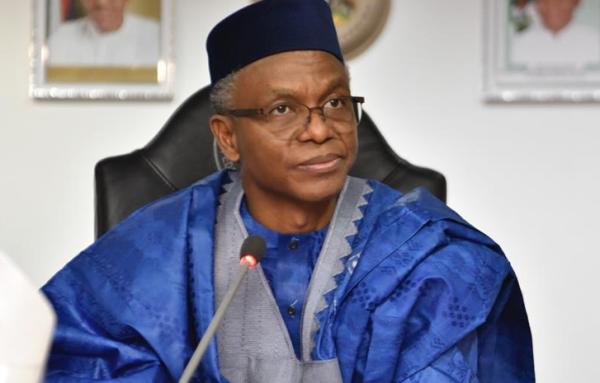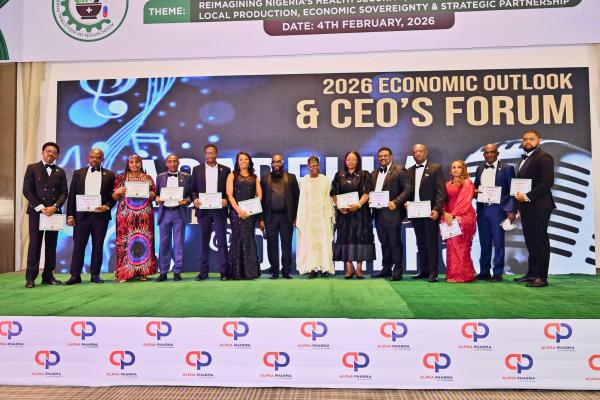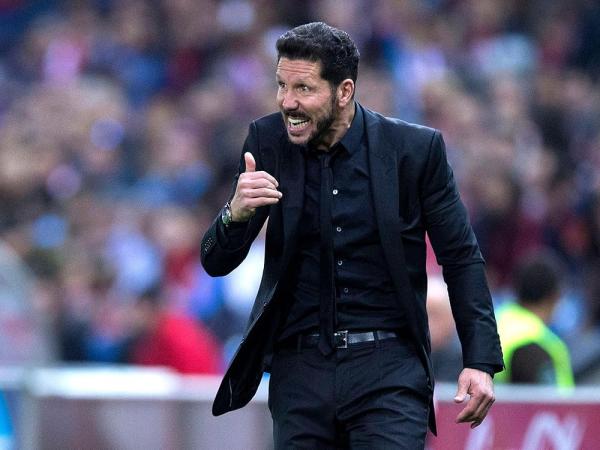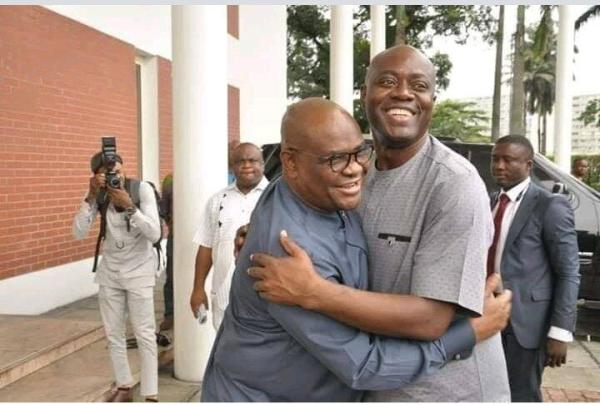
A Rural entrepreneur, Dele Owolowo, has expressed fears that the 2015 general election might be a disaster if different crises in Nigeria’s political parties are not addressed.
He said this on Sunday in respect of the Ekiti State political crisis during a conversation on Rubbin Minds on Channels Television.
He warned that the situation in Ekiti State is “one of those things that might determine the way the 2015 elections is going to turn out” explaining that if such crisis could happen one of the smallest states, Nigerians should “imagine what would happen in one of the bigger states as we go on.
“Whatever is unfolding in Ekiti State is not new. Those who know history would know this happened in the wild wild west in the 60s. The same thing happened in the 70s during the Omoboriowo era – exactly the same Ekiti thing.”
Mr Owolowo opined that the two major political parties in Nigeria have both failed to show signs of offering Nigerians anything new.
He said that politicians, in their campaigns continue to promise Nigerians the same amenities that are expected to be basic, with no clear dynamic plan to create a larger and more vibrant economy.
“We are not a productive economy,” he said, explaining that Nigeria runs an economy that depends on Lagos, Abuja and Port Harcourt and their ports.
Therefore, if the ports collapse, it means Nigeria’s economy would collapse, and he has not seen any of the politicians addressing that.
He regretted that despite the most likely high rate of employment in a state like Ekiti, the politicians have been more focused on their disagreements over handing over power.
The entrepreneur also said that there has been a major disconnect between the rural and the urban areas in Nigeria.
Referring to the rural dwellers as the real Nigerians, he said that “Nigeria’s fate lies in the rural sector.”
Owolowo noted that there are very few jobs in the rural areas with access to less basic needs like education, roads, healthcare which if created, would have encouraged more people to stay back in the rural areas to build businesses.
He urged Nigerian politicians to pay better attention to this class of Nigerians, as creating a better environment in the rural areas would reduce the pressure on the urban cities like Lagos.






















